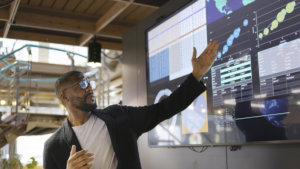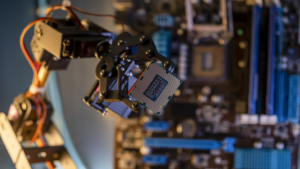Economic impact of COVID-19 could reach £7.3trn globally

The global economy could suffer up to £7.3trn in losses – equivalent to 6.4%-9.7% of global gross domestic product (GDP) – as a result of the novel coronavirus disease (COVID-19) pandemic, according to the Asian Development Bank (ADB).
The bank found that economic losses in Asia and the Pacific could range from £1.4trn to £2.1trn, with the region accounting for about 30% of the overall decline in global output. China alone could suffer losses of up to £1.3trn. The new analysis updates findings presented in the Asian Development Outlook (ADO) 2020 published on 3 April, which estimated COVID-19’s global cost to range from £1.65trn to £3.4trn.
Governments around the world have been quick in responding to the impacts of the pandemic, implementing measures such as fiscal and monetary easing, increased health spending, and direct support to cover losses in incomes and revenues. Sustained efforts from governments focused on these measures could soften COVID‑19’s economic impact by as much as 30% to 40%, according to the report. This could reduce global economic losses due to the pandemic to between £3.4trn and £4.45trn.
The analysis, which uses a Global Trade Analysis Project-computable general equilibrium model, covers 96 outbreak-affected economies with over four million COVID-19 cases.
In addition to shocks to tourism, consumption, investment, and trade and production linkages covered in the ADO 2020 estimates, the new report includes transmission channels such as the increase in trade costs affecting mobility, tourism, and other industries; supply-side disruptions that adversely affect output and investment; and government policy responses that mitigate the effects of COVID-19’s global economic impact.
“This new analysis presents a broad picture of the very significant potential economic impact of COVID-19,” said ADBchief economist Yasuyuki Sawada.
“It also highlights the important role policy interventions can play to help mitigate damage to economies. These findings can provide governments with a relevant policy guide as they develop and implement measures to contain and suppress the pandemic, and lessen its impacts on their economies and people.”



